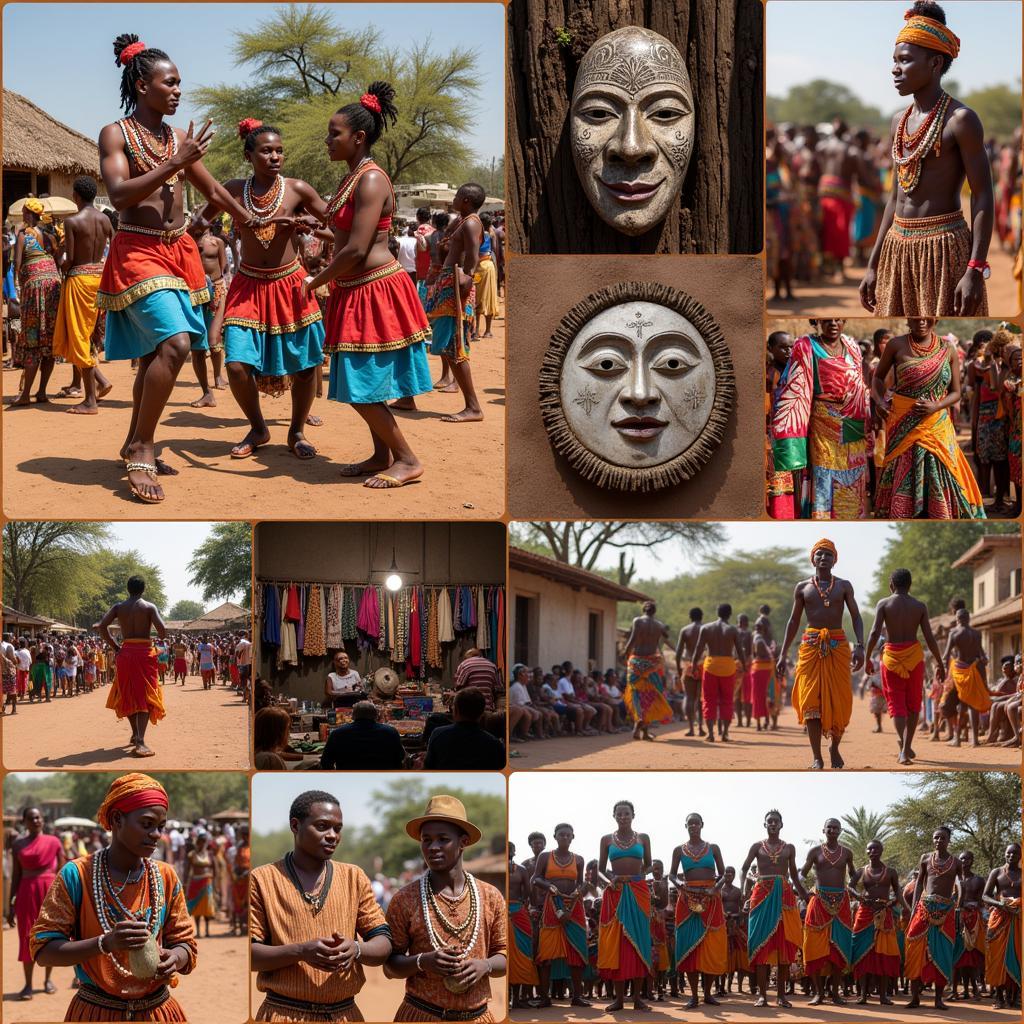A Legacy of Resistance: Understanding the African American Activist
The term “African American Activist” evokes a powerful image of resilience, courage, and unwavering dedication to justice. It speaks to a historical and ongoing struggle against systemic racism and oppression, a fight waged across generations for equality and human dignity. This exploration delves into the multifaceted legacy of African American activism, highlighting key figures, movements, and their enduring impact on American society and beyond.
From Abolition to Civil Rights: A Century of Struggle
The roots of African American activism run deep, stretching back to the horrors of slavery. Abolitionism, the movement to end slavery, saw the rise of figures like Frederick Douglass and Harriet Tubman. Douglass, a brilliant orator and writer, escaped slavery and became a prominent voice demanding abolition. Tubman, a conductor on the Underground Railroad, risked her life repeatedly to guide enslaved people to freedom. Their unwavering commitment laid the groundwork for future generations of activists.
The fight for equality continued into the 20th century with the Civil Rights Movement. This era witnessed the emergence of iconic leaders like Martin Luther King Jr. and Malcolm X. King, advocating for nonviolent resistance, inspired millions with his message of love and equality. Malcolm X, initially promoting Black Nationalism, later embraced a more inclusive approach to human rights. Both leaders, though differing in tactics, fundamentally challenged segregation and discrimination.
Beyond the Headlines: Unsung Heroes and Grassroots Movements
While prominent figures captured national attention, African American activism thrives on the dedication of countless unsung heroes. These individuals, often working at the local level, organized voter registration drives, established community centers, and challenged discriminatory practices in housing, education, and employment. The Civil Rights Movement, in particular, was fueled by grassroots organizations like the Student Nonviolent Coordinating Committee (SNCC) and the Southern Christian Leadership Conference (SCLC).
The Fight Continues: Contemporary Issues and Activism
The legacy of African American activism continues to shape the present, addressing ongoing challenges like racial profiling, police brutality, and mass incarceration. The Black Lives Matter movement, born in the age of social media, has brought renewed attention to these critical issues, sparking national and international conversations about race and justice. This digital activism, utilizing online platforms to organize protests and amplify voices, reflects the evolving landscape of social change.
The Global Impact: Pan-Africanism and Solidarity
African American activism has resonated far beyond U.S. borders, influencing liberation movements and inspiring activists worldwide. Pan-Africanism, advocating for the unity and empowerment of people of African descent globally, has deep roots in the African American experience. Leaders like W.E.B. Du Bois saw the struggle for Black liberation in America intrinsically linked to the fight against colonialism in Africa. This interconnectedness highlights the global impact of African American activism.
Understanding the Legacy: Why It Matters Today
Studying the history of African American activism is not just about revisiting the past; it’s about understanding the present and shaping the future. It provides valuable lessons on the power of collective action, the importance of raising your voice against injustice, and the ongoing pursuit of a more just and equitable society for all. By learning from the struggles and triumphs of those who came before, we can continue to dismantle systemic racism and build a future where equality is not an aspiration but a reality.
FAQ
1. What were some of the key tactics used by African American activists?
African American activists have employed a wide range of tactics throughout history, including nonviolent resistance, civil disobedience, boycotts, litigation, political organizing, and cultural expression.
2. How has the role of technology impacted African American activism?
Technology has played an increasingly significant role in contemporary activism, providing tools for organization, communication, and advocacy. Social media platforms, in particular, have amplified marginalized voices and facilitated global movements like Black Lives Matter.
3. How can I learn more about specific African American activists or movements?
Numerous resources are available to deepen your understanding, including books, documentaries, museums, and online archives dedicated to African American history and activism.
4. How can I support contemporary movements for racial justice?
There are many ways to get involved, from educating yourself on the issues to donating to organizations on the front lines to participating in peaceful protests and advocating for policy changes.
5. What are some of the ongoing challenges faced by African American communities today?
Despite progress, systemic racism continues to permeate various aspects of American society, manifesting in racial disparities in healthcare, education, employment, and the criminal justice system.
Need More Information?
Explore related articles on our website:
Get in Touch
For any questions or assistance, please contact us:
Phone Number: +255768904061
Email: kaka.mag@gmail.com
Address: Mbarali DC Mawindi, Kangaga, Tanzania
Our dedicated customer support team is available 24/7 to assist you.


